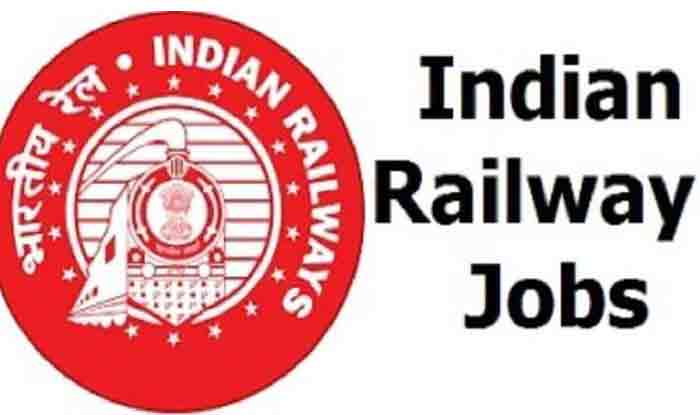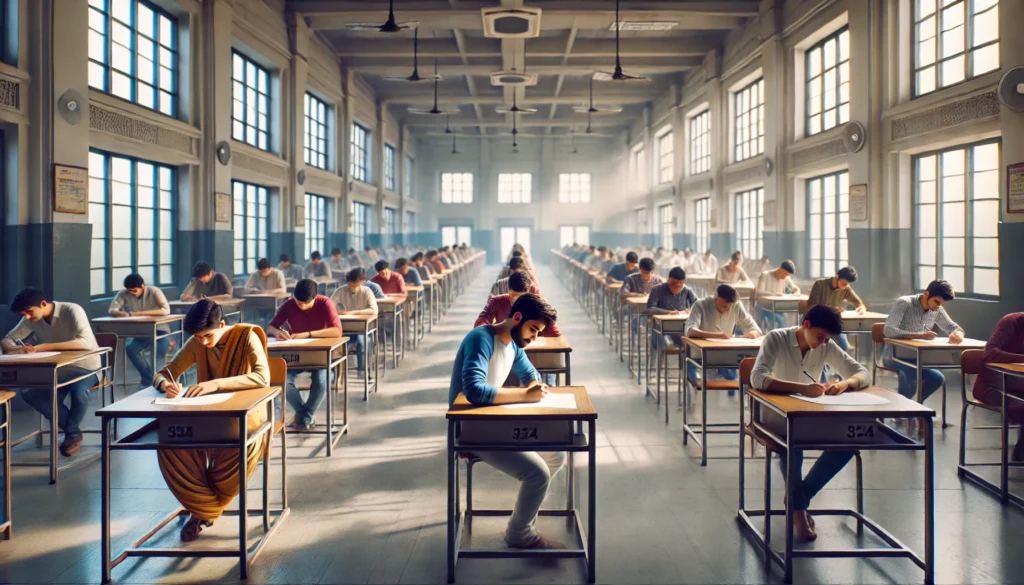What is Digital Marketing?
What is Digital Marketing? What is Digital Marketing? Marketing has shifted from traditional methods to online strategies. Digital marketing uses platforms like websites, social media, and search engines to promote products or services, helping businesses connect with their target audience effectively. Overview Feature Details Definition Promoting services/products using digital platforms. Platforms Social media, search engines, websites, and email. Purpose Build brand awareness, drive traffic, and boost conversions. Audience Both B2B and B2C markets. Learning Resources institutesindelhi.com, ccdm.in. Inbound Marketing vs. Digital Marketing Inbound Marketing Inbound marketing attracts audiences with valuable, engaging content. It focuses on pulling customers in through blogs, social media, and SEO. Digital Marketing Digital marketing encompasses all online strategies, including both organic and paid methods like PPC campaigns, email marketing, and social media ads. Comparison Inbound Marketing Digital Marketing Approach Content-driven; attracts customers. Uses diverse channels, including paid. Cost Relatively low; focuses on organic growth. Varies based on chosen strategies. Examples Blogs, social media posts, SEO. Email marketing, PPC, influencer ads. B2B vs. B2C Digital Marketing B2B Digital Marketing Objective: Build relationships and generate quality leads. Channels: LinkedIn, email campaigns, white papers. Tone: Professional and informative. B2C Digital Marketing Objective: Drive immediate sales and build brand loyalty. Channels: Instagram, Facebook, YouTube. Tone: Engaging, emotional, and visually rich. Aspect B2B Marketing B2C Marketing Audience Businesses and decision-makers. Individual consumers. Decision Cycle Longer, involving multiple stakeholders. Shorter, often driven by impulse. Examples LinkedIn ads, case studies, webinars. Instagram stories, influencer partnerships. Types of Digital Marketing Search Engine Optimization (SEO): Improve website rankings on search engines to attract organic traffic. Learn from institutesindelhi.com. Pay-Per-Click (PPC): Advertisers pay for every click on their ads, driving targeted traffic. Google Ads is a top platform. Social Media Marketing: Engage with audiences on Instagram, Facebook, Twitter, and LinkedIn. Email Marketing: Send tailored messages to nurture leads and increase conversions. Content Marketing: Create engaging content like blogs, infographics, and videos. Influencer Marketing: Collaborate with influencers to increase brand visibility and trust. Affiliate Marketing: Earn through commissions by promoting third-party products or services. Mobile Marketing: Use SMS, apps, and mobile-optimized sites to reach your audience. Video Marketing: Leverage platforms like YouTube for storytelling and brand promotion. Explore these in detail at ccdm.in and institutesindelhi.com. The Benefits of Digital Marketing Cost-Effective: Affordable compared to traditional marketing, allowing businesses of all sizes to compete. Measurable Results: Track performance in real-time with tools like Google Analytics. Global Reach: Expand your brand’s presence beyond local boundaries. Targeted Ads: Deliver personalized ads based on audience demographics. Engagement: Boost interaction with your audience through various digital channels. Interact directly with your audience through social media and email. Benefit Details Affordability Low-cost, high-impact marketing. Scalability Strategies grow with your business. Insights Detailed analytics for better decision-making. How to Start with Digital Marketing? Set Goals: Define clear objectives, such as increasing website traffic or generating leads. Know Your Audience: Research your audience’s preferences and behavior. Choose Channels: Select the best platforms for your business, like social media or SEO. Create Quality Content: Develop content that resonates with your target audience. Measure and Refine: Use analytics to evaluate success and optimize campaigns. Websites like institutesindelhi.com and ccdm.in offer valuable courses and resources for beginners. Conclusion Digital marketing is indispensable for businesses in the modern world. Whether targeting B2B or B2C audiences, understanding various strategies can ensure success. Explore platforms like institutesindelhi.com and ccdm.in to deepen your knowledge and get started. Take action today and start building your online presence with the right digital marketing tools and insights. More than 2 results are available in the PRO version (This notice is only visible to admin users) Latest Articles Digital MarketingUncategorized What is Digital Marketing? January 3, 2025 / Institutes In Delhi Digital Marketing Scope of Digital Marketing in 2025 December 27, 2024 / Institutes In Delhi Competitive ExamsCurrent AffairsLearning TipsUPSC UPSSSC Junior Assistant Recruitment 2024 Apply Online December 26, 2024 / Institutes In Delhi Language CoursesLearning Tips Top French Language Institutes in Delhi: A Comprehensive Guide December 25, 2024 / Institutes In Delhi Bank POBanking ExamsCompetitive Exams State Bank of India Junior Associates Recruitment 2024: Apply Now for 13,735 Posts December 24, 2024 / Institutes In Delhi Related Articles Competitive ExamsCurrent AffairsJobs Railway NTPC 10+2 Under Graduate Level Post Recruitment 2024: A Comprehensive Guide September 26, 2024 / Institutes In Delhi JobsSSC & CGL High Court of Punjab and Haryana Peon Recruitment 2024 September 7, 2024 / Institutes In Delhi











